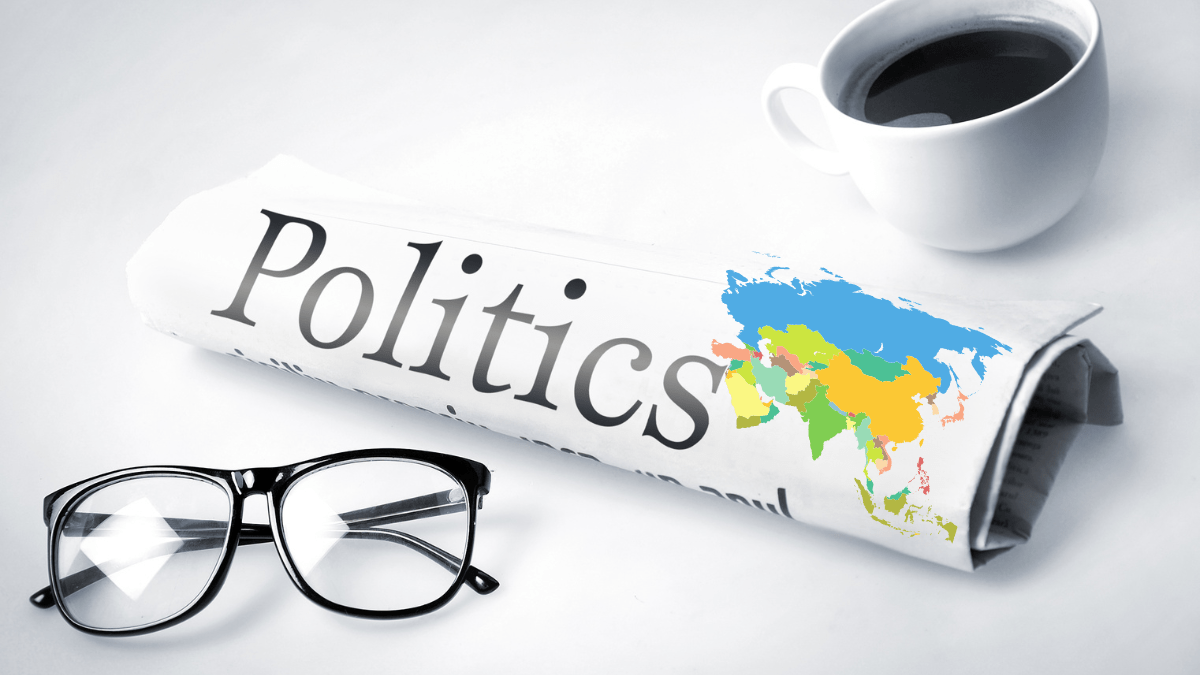As we step into the year 2023, the global political landscape finds itself at a crucial crossroads, grappling with a myriad of challenges and opportunities that will shape the course of nations and international relations. From the ongoing global health crisis to economic uncertainties and geopolitical tensions, the political arena is in a state of constant flux. This article aims to explore some of the key themes and trends that are likely to define the political narrative in 2023.
Table of Contents
ToggleGlobal Health Crisis and Public Health Policies:
The COVID-19 pandemic continues to cast a long shadow over the political landscape. Governments worldwide are faced with the dual challenge of managing public health crises while mitigating the economic fallout. Vaccination campaigns, public health infrastructure, and international cooperation will be critical factors in determining the success of political responses to the ongoing pandemic.
Economic Recovery and Resilience:
Economic recovery remains a top priority for nations navigating the aftermath of the pandemic. Governments will be scrutinized for their ability to implement effective economic policies that stimulate growth, address unemployment, and ensure financial stability. The balance between fiscal responsibility and the need for economic stimulus will be a central theme in political debates.
Climate Change and Environmental Policies:
With climate change becoming an increasingly urgent global concern, political leaders are under pressure to implement robust environmental policies. The push for renewable energy, carbon reduction targets, and international cooperation on climate initiatives will be at the forefront of political agendas. Public opinion on climate action is likely to influence political decisions, especially as communities experience the tangible effects of environmental changes.
Geopolitical Shifts and Alliances:
The geopolitical landscape is marked by evolving alliances and tensions. The relationships between major powers, regional dynamics, and strategic partnerships will play a crucial role in shaping the political order. Issues such as territorial disputes, cybersecurity threats, and human rights concerns will continue to strain international relations, requiring deft diplomatic maneuvers.
Technological Advancements and Governance:
As technology continues to advance at an unprecedented pace, governments must grapple with the ethical, legal, and societal implications. Issues like data privacy, artificial intelligence governance, and cybersecurity will demand political attention. Striking a balance between technological innovation and the protection of individual rights will be a key challenge for policymakers.
Social Justice and Inclusive Policies:
Social justice movements have gained momentum globally, demanding a reexamination of policies related to racial equality, gender rights, and social inclusion. Political leaders will face increasing pressure to address systemic inequalities and implement inclusive policies that promote diversity and equal opportunities.
Conclusion:
The political landscape of 2023 is characterized by a complex interplay of global challenges and opportunities. Navigating these intricacies requires visionary leadership, international cooperation, and a commitment to addressing the pressing issues of our time. As citizens, it is imperative to stay informed, engage in meaningful discourse, and actively participate in shaping the political future we want to see. The decisions made in 2023 will not only define the immediate future but will also have lasting implications for generations to come.










